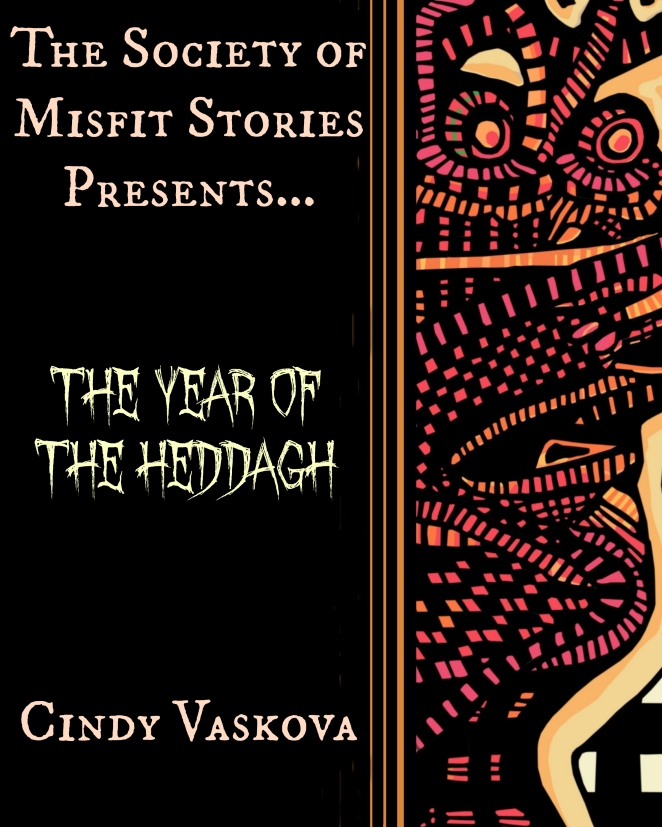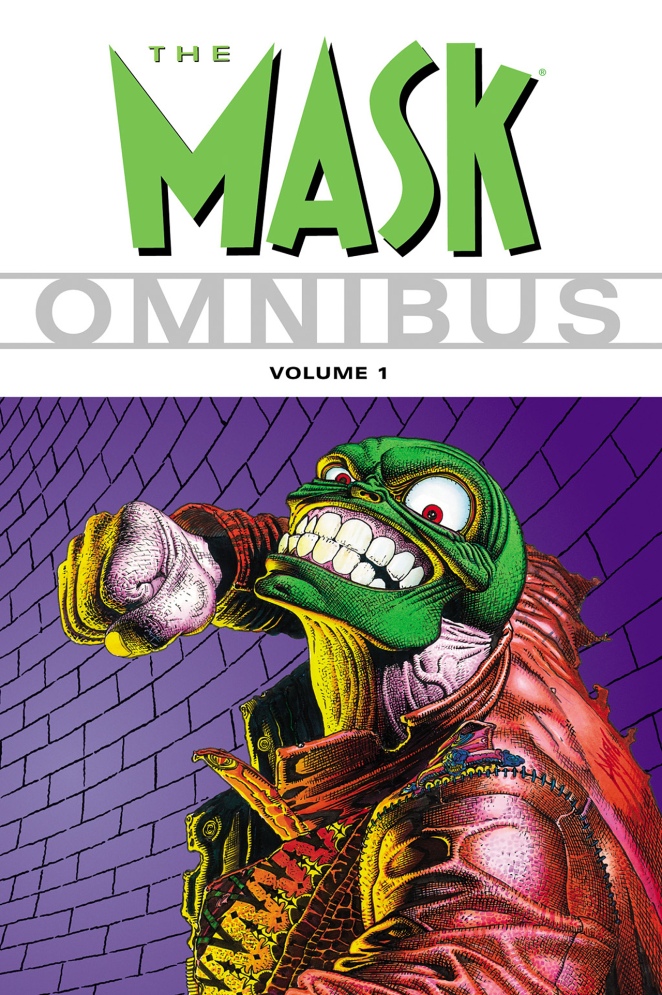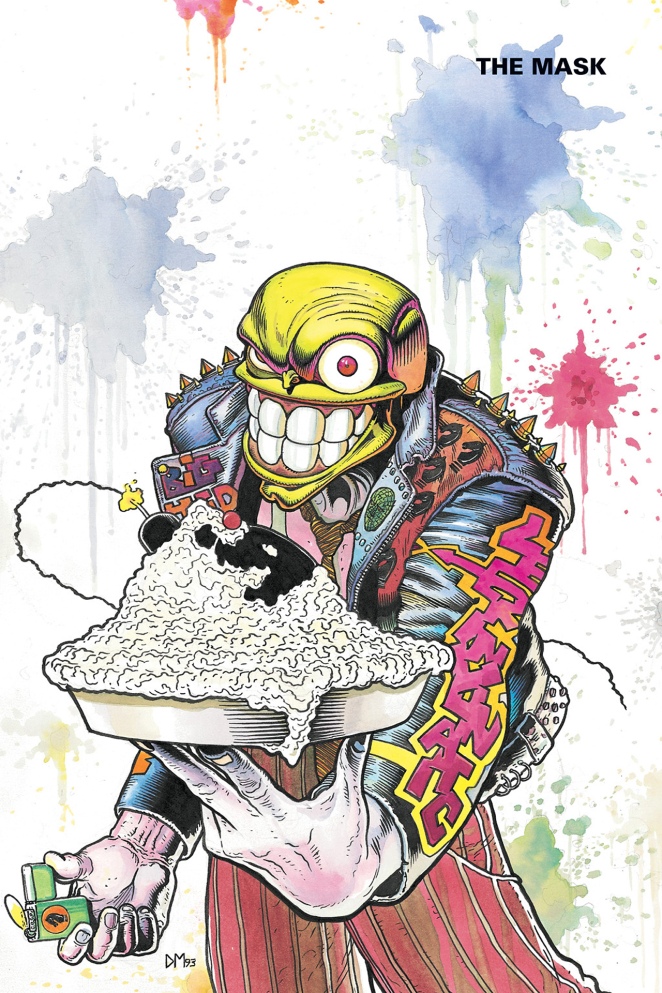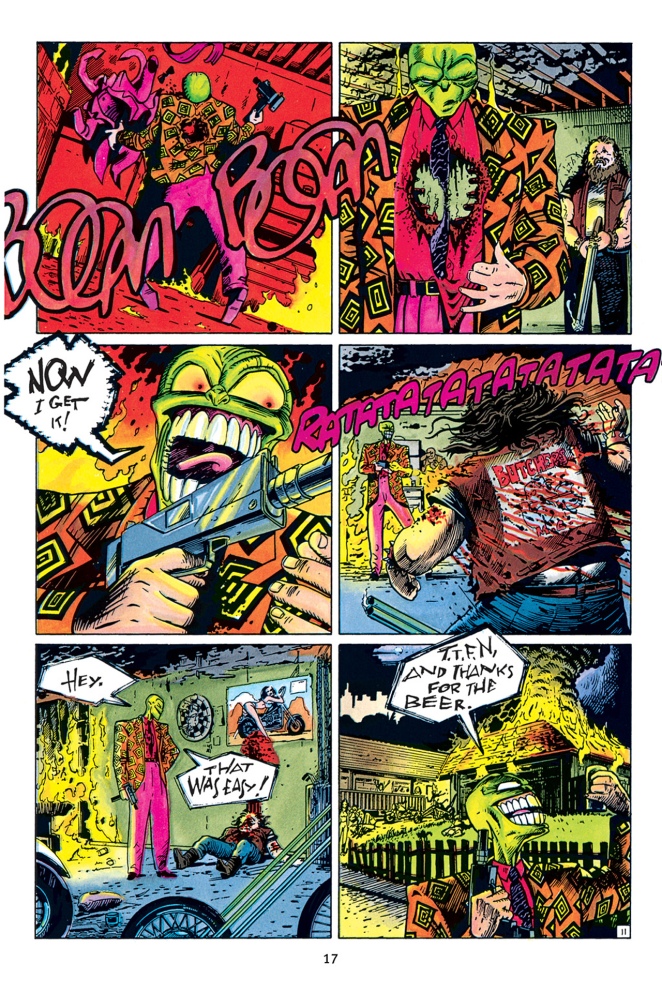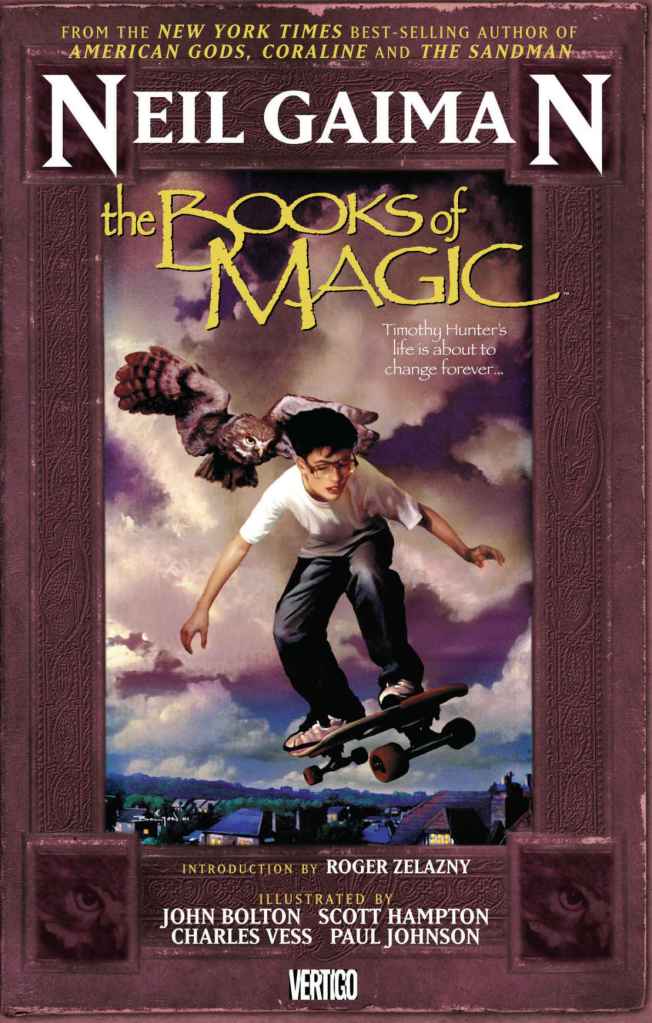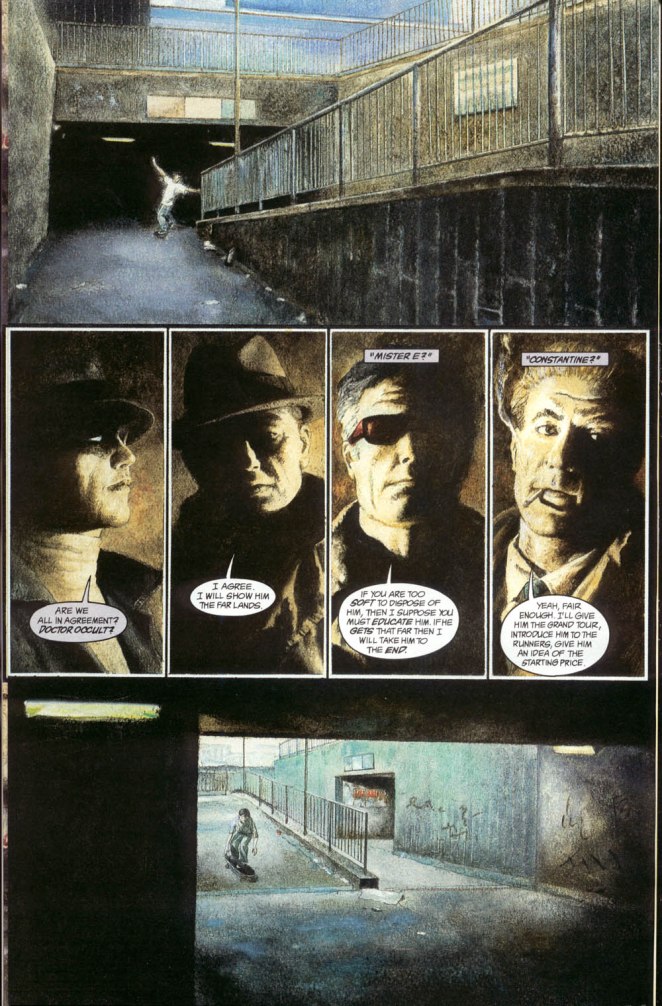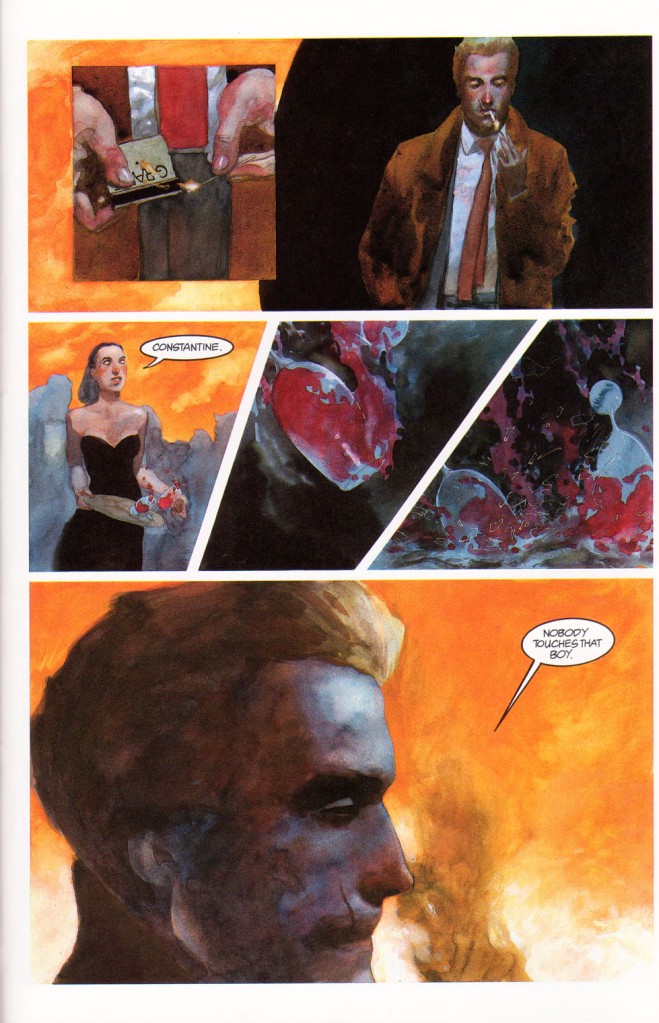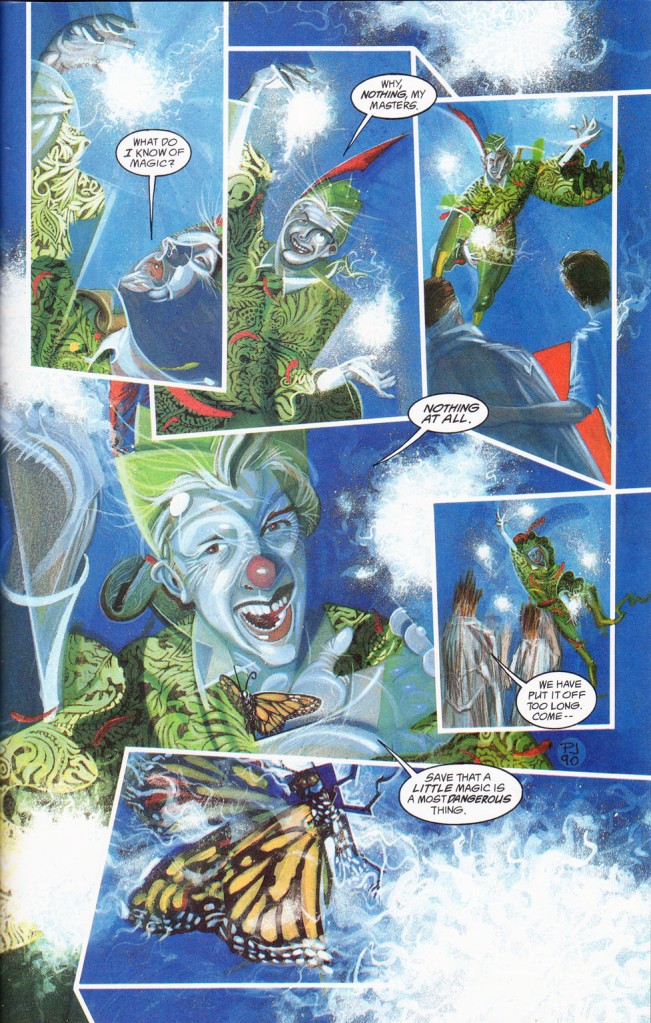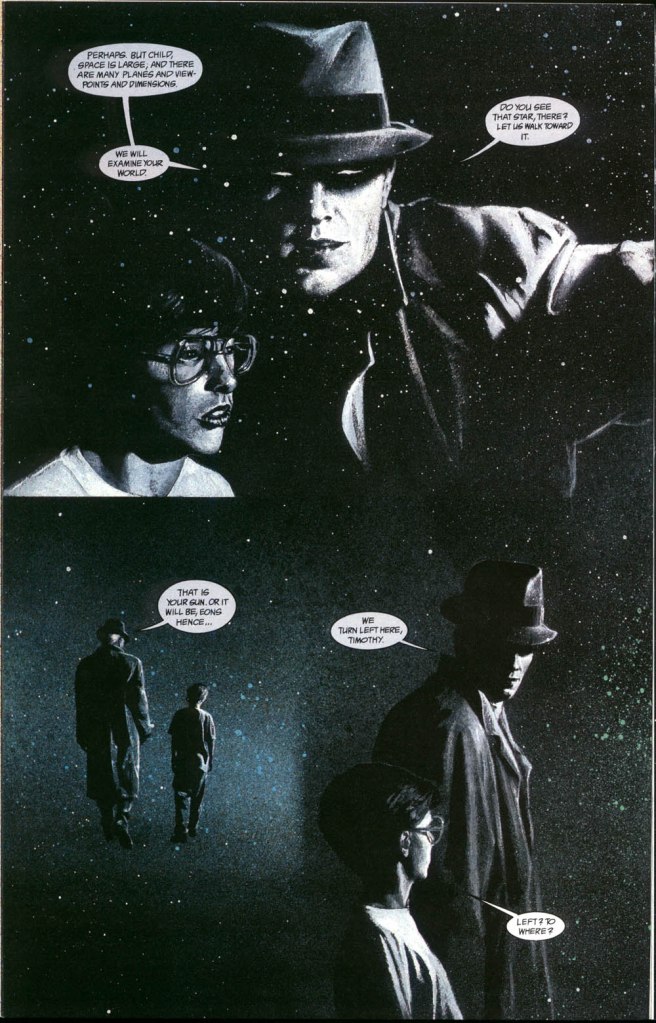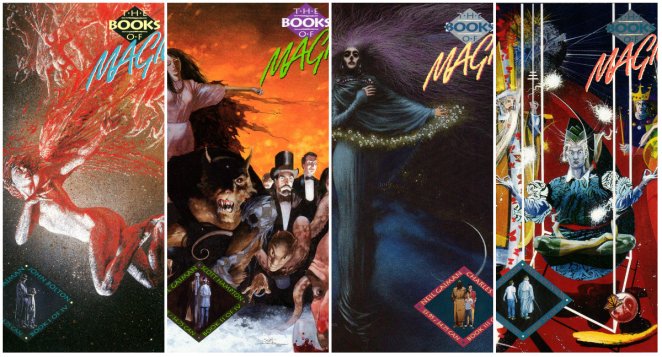2020.
Just saying that is enough to make you go “fuck that”, and we’re all in the same boat, share the same feelings when we think back on the past months – it was a shitty year, for some the worst year of their lives, and we all want to move on, chuck it in the backlog, never to gaze upon it again.
But I’m sure someone out there, and I do hope more of you had something good happen to them, something they can remember this year by and look back and think, it was not all shitty, it was not bad all the time.
I do these best reads lists each year, and sometimes I feel like I’ve run out of books to include. Not all books I read are the best books, not all books I read are new ones – sometimes I re-read old books, ones I’ve owned for years, ones I’ve carefully arranged on my shelf and reach out to when I need them.
So instead of doing a strictly best reads list I decided to do a list of books or scripts, or audiobooks I enjoyed throughout the year.
AUDIOBOOKS
The Audible Sandman by Neil Gaiman & Dirk Maggs
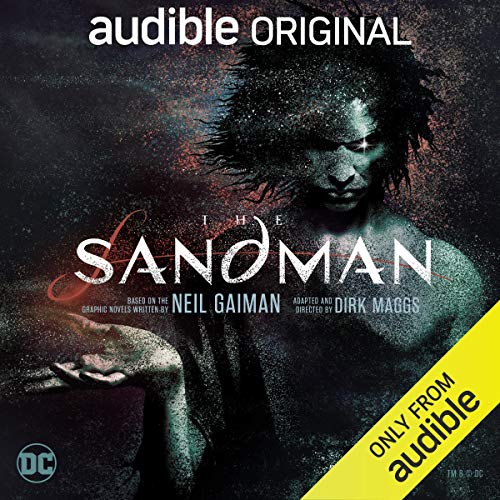
Is it going to be a selling point for you to say that The Sandman was the best audio drama adaptation of a comic book series in 2020? Because it was!
If you’re familiar with Neil Gaiman’s brilliant series The Sandman, then you know how vast that story and that world is. The characters inhabiting The Sandman world or rather universe are so complex, so personality driven, so colorful that it seems impossible to translate them into living and talking beings. Yet a group of vastly talented people got together and did just that – multi-talented Dirk Maggs helmed the project as its director, and the cast included James McAvoy as Morpheus, the Dream lord, the Sandman, Kat Dennings as Death, Taron Egerton as John Constantine, Michael Sheen as Lucifer and so, so many more names giving life to outstanding characters.
The Audible Sandman is by far one of the best audiobooks I’ve listened to. It kept me company in the early hours while going to work and in the tired evenings coming back from work, and invaded my mind in the hours between each listen with its haunting and rich orchestral composition, its brilliant cast, and its perfectly translated story from paper to audio.
Now I don’t want to spoil anything for people that are just getting introduced with The Sandman, but I’ll give you this: you will not regret listening to it, you will not take back any second of it, not any section of it. You will dive straight into the echoing land of Dream and hear him whisper about dreams and you’ll love it.
PODCASTS
I don’t know about you, but I do enjoy my Spotify podcasts – from the spine tingling and mind boggling world of conspiracy theories of a desert mystery town in Welcome to Night Vale, through the howling mines and ancient mountains, where ghost stories burn in the old fires and come to life in the Old Gods of Appalachia, across the bizzareness of Within the Wires, all the way to the land of Mythical Monsters , I’ve enjoyed a multitude of episodes on train rides, while doing some shopping, while cooking, and I always wanted more, I wanted countless of hours of stories. This took me back to my childhood where I used to have these cassettes of fairytale stories and I used to bring my old Walkman with me and listen to them in the car – I remember vividly the headphones pressed to my ears and the volume maxed as Wilhelm Hauff’s Heart of Stone reached its culmination.
But as I’m a big movie buff too, and I do make my own short mobile films, I’ve discovered with great pleasure a few fantastic podcasts dedicated to the art of filmmaking, but also delving deep into the whole process of movie making. By far my favorite one is The Film Riot Podcast which paired with their YouTube channel is a treasure trove of information and insight into the business and dream of being a filmmaker. And since I’m so into mobile filmmaking, The Voice of Mobile Film or Susan Botello’s Mobile Filmmaking Podcast comes second best with outstanding guests, tips, tricks, insights and so much more!
NOVELS
True Crime
I’ll Be Gone in the Dark by Michelle McNamara

Recently I finished reading Michelle McNamara’s “I’ll Be Gone in the Dark”. It’s a true crime book investigating the persona of the Golden State Killer. I’m a sucker for a good crime book with my fascination on serial killers and how they think, and this book is such an amazing example of a gripping, well-paced, well-researched book that reaches that chilling the blood edge.
But more than that it’s a heart-wrenching book, and quite possibly the only one that made me shiver, and that made me sit in the dark and think of what I’d do if I was to see the shadow of a man standing at the end of my bed. It’s so freakishly real, though distant in time, as all the atrocities the Golden State Killer also known as EAR-ONS did were in the 70’s and 80’s in California. But the way Michelle introduced this monster to the public was so exceptionally detailed, so vivid, that he became very, very real to each person reading “I’ll Be Gone in the Dark” no matter where you live.
And the personal aspects of it, those of Michelle McNamara’s own life transform this book into something special, something that explores one’s own demons in diving head first into this monster of a case, this impossible to catch killer. And the ultimate price she pays for that.
I do think the book, and more so the HBO Documentary that serves as its adaptation, but also its continuation and climax, will quite possibly break your walls somewhat and shake you. If you are seeking out journalistic investigations that break the barrier, and go the extra mile, and if you’re interested in how DNA analysis work, how basically killers are caught today, and how much it cost people to have these killers escape justice, this is the book for you.
“I love reading true crime, but I’ve always been aware of the fact that, as a reader, I am actively choosing to be a consumer of someone else’s tragedy. So like any responsible consumer, I try to be careful in the choices I make. I read only the best: writers who are dogged, insightful, and humane.”
― Michelle McNamara, I’ll Be Gone in the Dark: One Woman’s Obsessive Search for the Golden State Killer
HORROR
I got my hands on a nice bundle of books from a contest I won, which was great because I familiarized myself with new writers – Gary Fry with What They Find in the Woods, Simon Bestwick and A Love Like Blood, Paul M Feeney’s Kids to name a few. Fantastic books for an afternoon read! Very creepy as well.
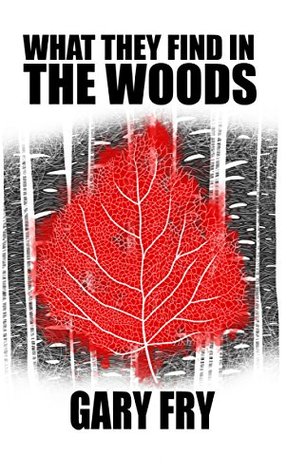
I think the most freaky of all is Gary Fry’s What They Find in the Woods, but maybe that’s because I love me some ritualistic stories, with ancient evils lurking in dark woods.
I’ve recently started reading “The House on the Borderlands”, something that has been in my to-read list since 2010 maybe, but I received a beautiful edition that I’m enjoying quite a lot, so perhaps this will be something included into the best reads list of 2021.
SCRIPTS
Does this sound weird to you? Script reading?
But who knew that some movie scripts are written so detailed, so rich, that they basically read as short novels?
By far my most favorite is “The Witch” written by Robert Eggers.

I’m a big fan of his works, with “The Lighthouse” being the most recent one – yet another masterpiece of a script – but something about The Witch just grabs you from the get go and stays with you as you go through each scene and mouth the dialogue as you read along. You can practically hear those haunting sounds setting the atmosphere of the movie.
As a major Whovian, I’ve been going through some of Doctor Who’s past episodes, and naturally went to read their scripts, mainly focusing on brilliant episodes such as “Heaven Sent”, season 9’s episode 11, a very huge episode for Peter Capaldi’s Doctor. Say what you will about Moffat, but his writing for this episode is so on point, the pages scream with power, and anger, sadness, lament. It’s just a rollercoaster of emotions which roll off the page and translate beautifully on screen.
Well this has been a pleasure as always and I hope to see you next year. Bring your favorite books in the comments if you feel like it, I’m always open to a nice conversation about books!
Stay safe, stay healthy, and keep on reading!













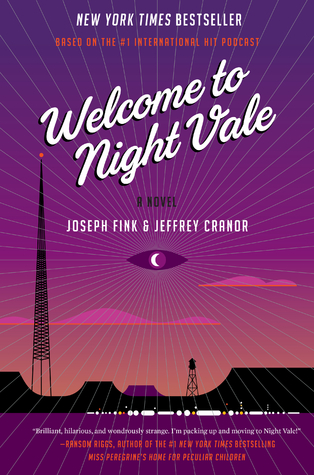
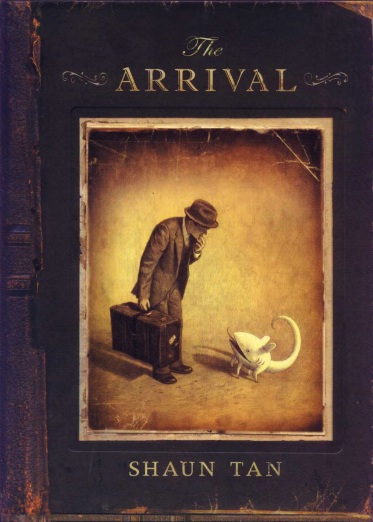 Back in May I did a more detailed review of “The Arrival” and without a doubt it scores a place in this year’s Best Reads list without actually having any written words inside its pages.
Back in May I did a more detailed review of “The Arrival” and without a doubt it scores a place in this year’s Best Reads list without actually having any written words inside its pages.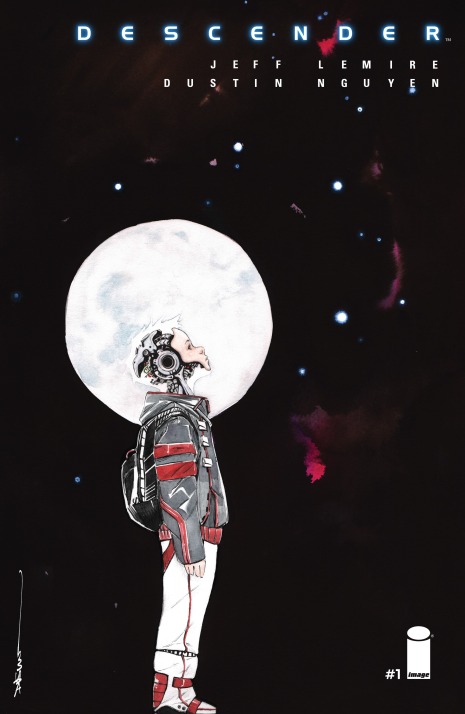 Descender
Descender 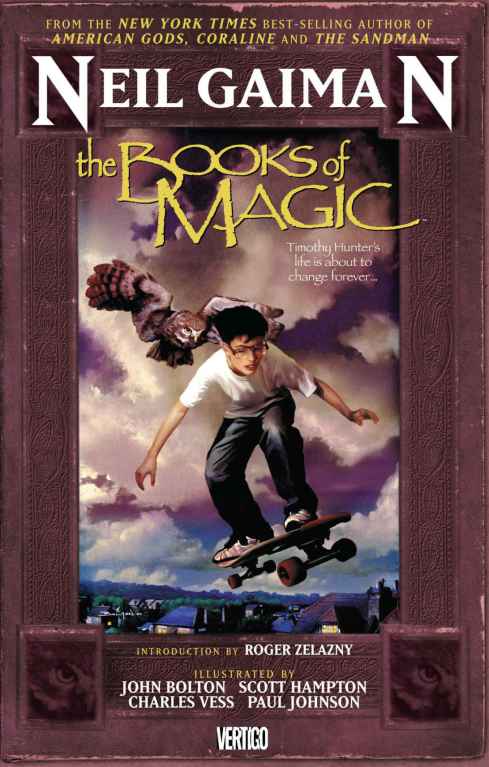 The Books of Magic give the starting point to Timothy Hunter’s adventure in becoming, if he choses so, one of the greatest if not the greatest magician of his generation. As he is quite young and unaware of that possibility, four practitioners of magic take it upon themselves to introduce Tim to the capabilities, promises, dangers, opportunities and costs of magic.
The Books of Magic give the starting point to Timothy Hunter’s adventure in becoming, if he choses so, one of the greatest if not the greatest magician of his generation. As he is quite young and unaware of that possibility, four practitioners of magic take it upon themselves to introduce Tim to the capabilities, promises, dangers, opportunities and costs of magic. For some people it has been twenty-five years since
For some people it has been twenty-five years since 
